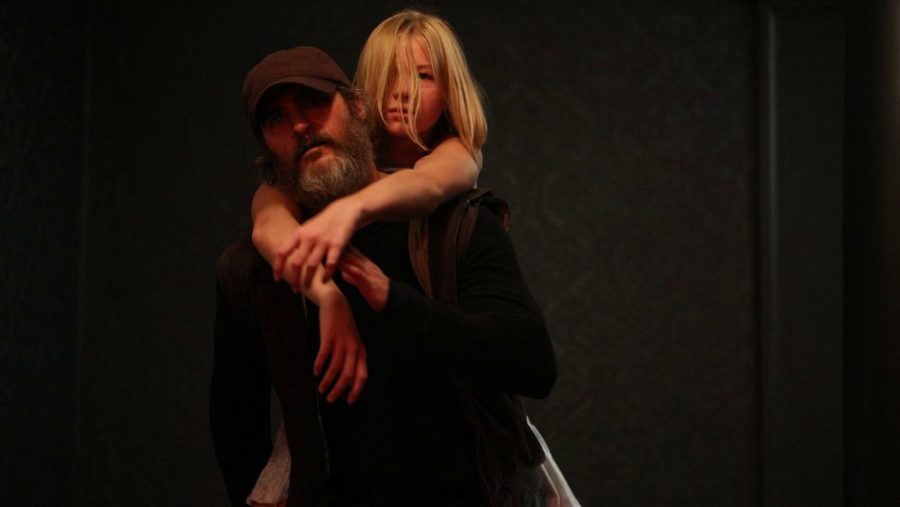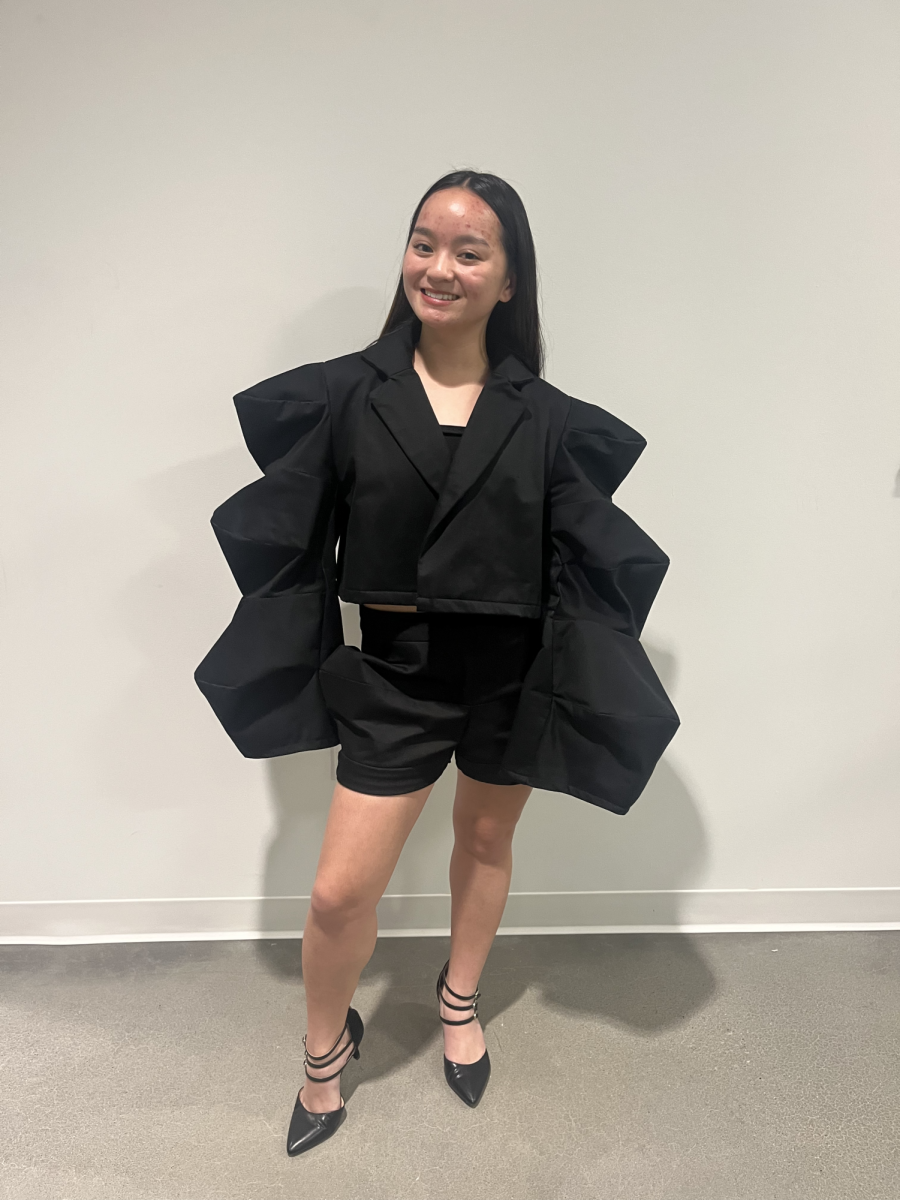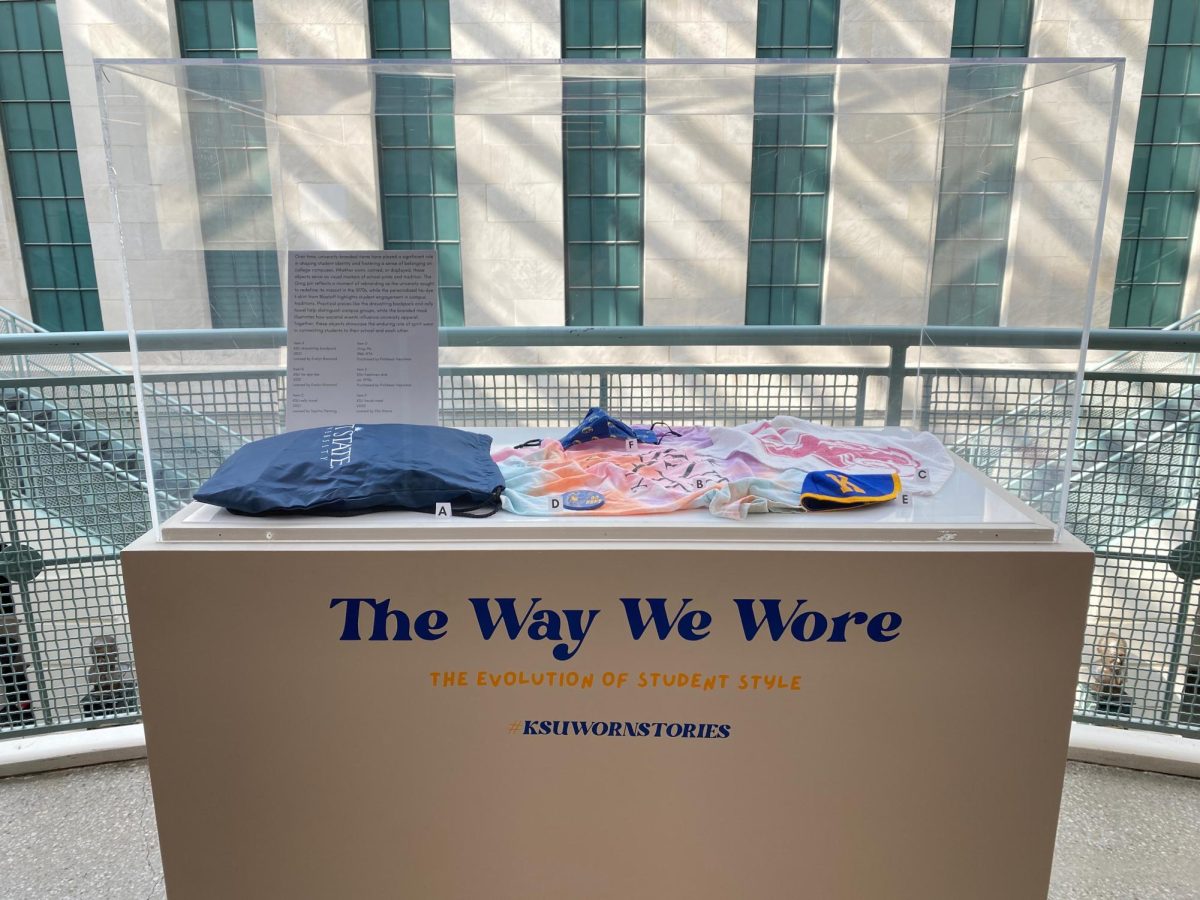Each time the Oscars nominations are announced, there are always a few quality films that are completely ignored, and therefore go unnoticed by the general public. This year, that list includes You Were Never Really Here, which is worthy of far more praise than it has received.
You Were Never Really Here, based on the novel by Jonathan Ames, moves effortlessly from beginning to end. Although the film deserves nominations for best director (Lynne Ramsay), best actor (Joaquin Phoenix) and best adapted screenplay (Ramsay), it was excluded from all Academy Award categories. You Were Never Really Here will disappointingly miss out on the benefits that come with Oscar nominations, so the least I can do is bring some attention to it so others can enjoy it just as much as I did.
Joe (Joaquin Phoenix) is a traumatized veteran who finds missing girls for a living and ends up in a job-gone-wrong when he saves a senator’s daughter from a New York City sex ring. The would-be cliche playout of a job like this is skillfully eclipsed by Joe’s storyline of his invisibility in the world he lives in. He does not want to be noticed because of his high-risk jobs, but already feels unnoticed because of the trauma that has been inflicted on his personal life and sanity. Nightmares and suicidal thoughts build up to the uncovering of a conspiracy and his awakening.
You know you’re watching something really special when the only time your mind wanders is to think of how much you are enjoying the experience. I usually look for films that really move me, even if I’m not exactly sure what it was that moved me in the first place. Really well done pieces need a soul that connects to viewers, and an all-around remarkable team on sound, picture, editing and acting. You Were Never Really Here included all of those elements and consequently picked up an 89 percent rating from Rotten Tomatoes, five Boston Online Film Critics Association awards and two Cannes Film Festival awards.
You Were Never Really Here works well because of Ramsay’s choice to create a world of violence and darkness without really showing much violence at all. The first hint at how brutal Joe’s job is comes through a close-up of both fresh and healed scars on his back and shoulder about 10 minutes in. Preparing for his next job, Joe surveys a convenience store for materials when he picks up a hammer, which he uses to murder two security guards 20 minutes later. Ramsay only briefly depicts his act of murder through security camera footage. Omitting in-your-face violence, yet showing the aftermath, keeps the viewer’s focus on Joe’s internal struggle while illustrating how he blocks out his own violence from himself.

“You know you’re watching something really special when the only time your mind wanders is to think of how much you are enjoying the experience.”
In an interview with Film4 prior to the release of the film on Amazon Prime streaming, Ramsay says, “… we’ve seen a lot of violence in film that it’s become almost banal. It’s actually more scary not to show it. I guess that was a choice as a filmmaker, yes: to play with this subconscious effect of what you don’t see and the stuff that is like the darkness inside that violence that you…imagine.”
There is no answer as to why nominations for best actor and best adapted screenplay were disregarded for the film, but there is the consistent pattern of men dominating the best director category more noticeably than any other category. Ramsay’s daring and exclusive take on the story is what should have landed her on the best director nomination list, which is completely comprised of men this year. For the past 91 Academy Award shows, only five women have been nominated for best director: Lina Wertmuller (Seven Beauties, 1977), Jane Campion (The Piano, 1994), Sofia Coppola (Lost in Translation, 2004), Kathryn Bigelow (The Hurt Locker, 2010), and Greta Gerwig (Lady Bird, 2018), with Bigelow being the only one to take home an Oscar.
When IndieWire asked Ramsay about the male-dominated best director category this year, she says, “It’s always this way, you know? I think of myself as a filmmaker first. I hopefully made a strong film and I think it’s a dark film. It doesn’t fit into an easy mold, but that’s why I think it’s exciting. I believe I’ve made something that is a really powerful film and I hope you do, too. I don’t live for awards.”
You Were Never Really Here connects to a broad audience because of the heartening bond Joe develops with the senator’s daughter, Nina (Ekaterina Samsonov), as he realizes their similarities despite their age and gender. In one scene, he notices the way she counts down from 35 to cope with the trauma inflicted on her, just as Joe did as a child when his father beat his mother. Anyone who watches his childhood flashbacks coincide with her story can be reminded of who we unexpectedly relate to in life.
“I believe I’ve made something that is a really powerful film and I hope you do, too. I don’t live for awards.”
While this all around enticing piece is not up for best adapted screenplay, it is equally as shocking that Phoenix was not nominated for best actor after delivering an extremely powerful performance of what traumatized people internally undergo.
Although Ramsay’s priority isn’t to score an Oscar, the Academy Awards could have used its platform to successfully gain more recognition and revenue for You Were Never Really Here. The Independent reported that “Overall eight out of ten films earned more of their total revenues before being put forward for an Oscar in 2014, according to the data.”
In past years, the Academy Awards have been acknowledged for giving unseen movies Oscars. This year some of that recognition should have been spread to movies like Eighth Grade, Widows, Blindspotting and the documentary Won’t You be my Neighbor? While catching up on movies for the Academy Awards, which air live Sunday, Feb. 24, take some time to view the unappreciated films from 2018 that were just as good as those nominated.

















